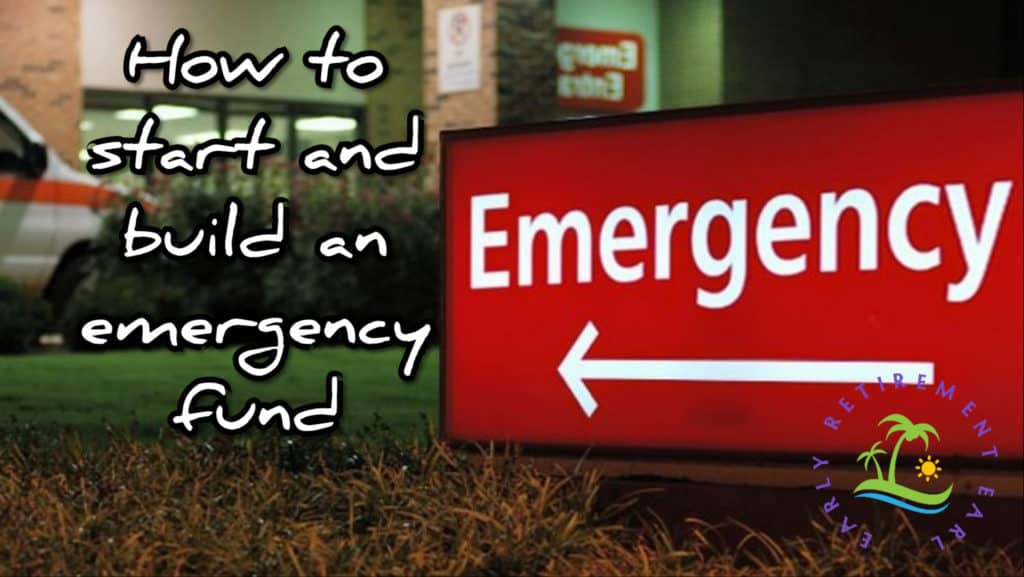Did your parents ever tell you that you need to save for a rainy day? You hear financial experts constantly talking about the importance of an emergency fund. If you never had an emergency fund you might be asking yourself, what exactly is an emergency fund? Why do I need one and where do I put the money once I save it? And how much money should I save?
The purpose of an emergency fund is to have money available in case unplanned, costly expenses arise. Emergency Funds should be anywhere from 6-12 months income and should be held in an easily accessible account in the event you need access to it quickly.
What is an Emergency Fund?
An emergency fund is an account for funds you have saved in the event of a financial emergency. Some examples include loss of your job, emergency home repairs, sudden medical issues.
Why do I need an Emergency Fund
The purpose of an emergency fund is to assure financial security. By creating this safety net you are drastically reducing the probability of going in to debt to cover any unexpected emergency costs.
There is no worse feeling then having an emergency and knowing you have no money to handle it. I remember one specific time my car broke down years ago; I needed a new transmission and the car was in the shop for a week. Back then, I was in such bad shape financially, I didn’t even have enough money to rent a car to get to work the next day and needed to borrow a friend’s credit card.
After that embarrassing and nerve wracking incident, I learned my lesson and understood the need to set up an emergency fund. I promised myself, I would never again allow myself to be in that situation.
How much should I have in my Emergency Fund?
Most Financial experts will tell you that your emergency fund should be able to cover between 6 months and one year of your regular monthly expenses. So for example, if your monthly expenses are $3,000, then your emergency fund should be somewhere between $18,000 and $36,000.
Where should I keep my emergency fund?
Your emergency fund should be kept in an account that is easily accessible to you. It makes no sense to have these funds locked up in a 6-month CD for example and then if an unfortunate incident occurs where you need the money, you can not access it quickly without penalty.
A high yield savings account or money market account might make more sense. With these accounts, you can access your funds almost instantly. So for example if you need to replace your hot water heater immediately, you can do so and simply write the repair man a check.
What are acceptable uses for an emergency fund
This should be self explanatory but I guess I should answer this question just in case.
The new IPhone release does not qualify as an emergency. Nor does remodeling your kitchen or bathroom. An emergency fund is their for just that, an emergency. Something that happens unexpectedly that will require you to access funds that you have saved specifically for unlikely events.
You become suddenly ill and not only lose income from missing work but accumulate medical bills. Your hot water heater breaks in the middle of the night. Your car breaks down and you need to make $2,000 in repairs so you can get back to work tomorrow and keep earning money.
Those are acceptable emergencies that would require you to dip in to your emergency fund.
What to do after you dip into your emergency fund
If you are unfortunate enough to have to dip in to your emergency fund, the smartest thing to do is to replenish it as quickly as possible. Congratulations on being able to save up enough to fund your emergency account. Now its time to do it again. And you need to do it before engaging in recreational spending. It would suck to have another emergency and not have enough to cover it after you worked so hard the first time to assure you would have a safe umbrella over you.
Now that you know what an emergency fund is and why you need it, please check out the 2nd part of the emergency fund series How to start and build an emergency fund from nothing.
Earl
